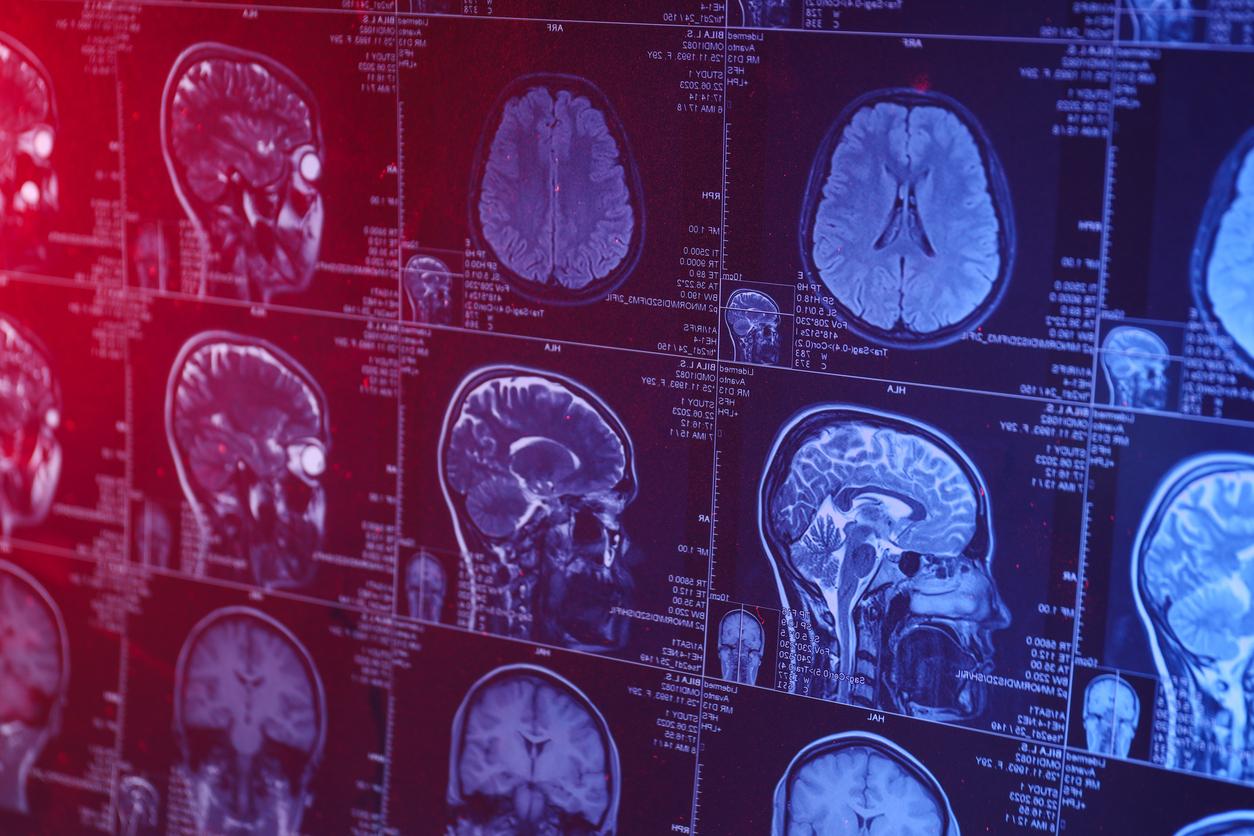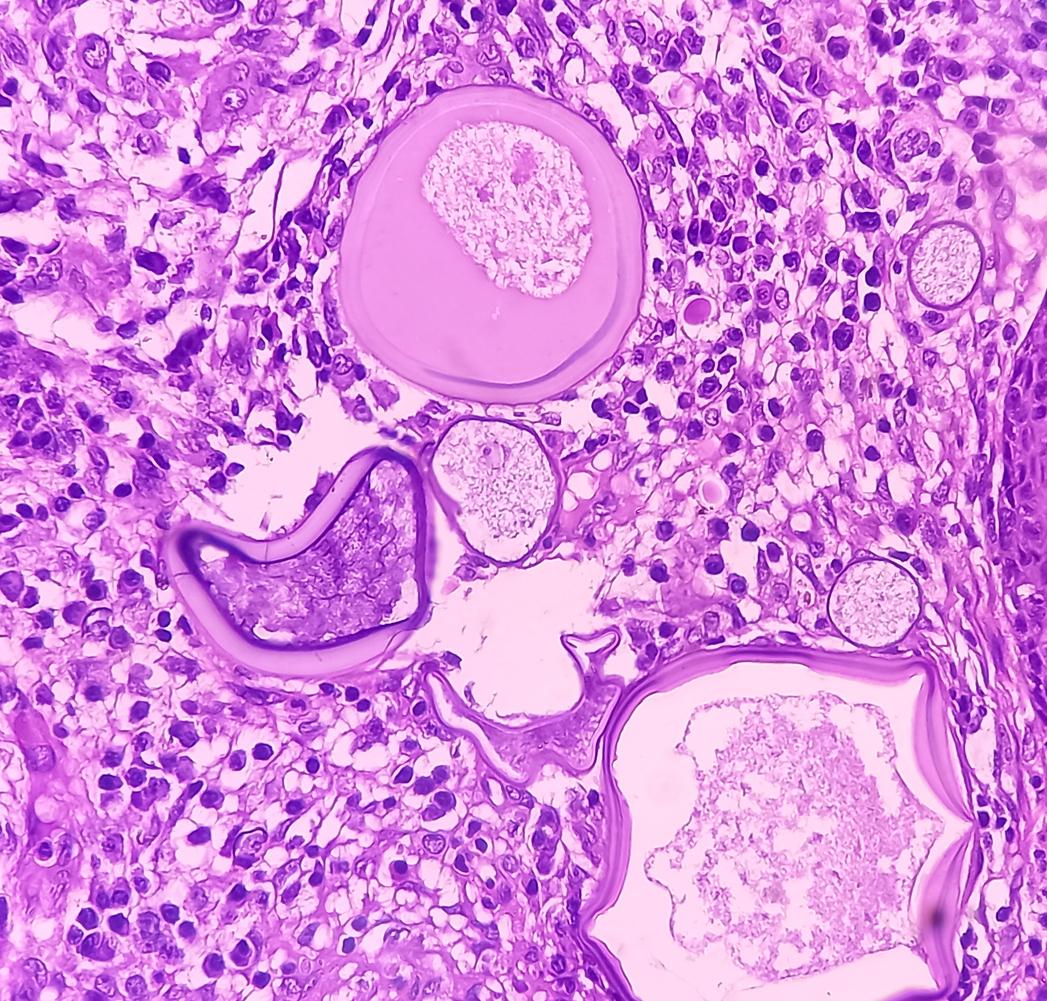This discovery targets only the tumor cells while keeping the surrounding tissues intact.
-1571732227.jpg)
One more step in the fight against brain tumors is about to be taken. Researchers from Hokkaido University, Fujifilm Corporation and Japan’s National Institute of Advanced Industrial Science and Technology have identified a compound that can kill glioblastoma-initiating cells (GICs), which cause certain tumors in the brain. These cells, responsible for one of the deadliest cancers, are resistant to chemotherapy. Research may pave the way for the production of drugs capable of eliminating stubborn or “refractory” tumours. The study was published in Neuro Oncology.
A compound targeting only glioblastoma
Glioblastoma is an aggressive cancer that develops in the brain or spinal cord. Also known as glioblastoma multiforme, it is very difficult and often impossible to treat. Although it can strike people of any age, the elderly are particularly vulnerable. Symptoms include intense headaches, nausea, and seizures. Despite numerous attempts to find a cure or develop new therapies, the prognosis for patients with glioblastoma remains grim. The average survival period is only about 15 months, mainly due to the inability to destroy cancer stem cells or glioblastoma-causing cells.
The researchers synthesized human GICs resistant to temozolomide (TMZ), a drug commonly used in the treatment of glioblastoma. After extensive examinations, they identified a compound that can kill or damage GIC cells, but does not affect other cells. The researchers found that one of the compounds, 10580, could kill or damage glioblastomas by inhibiting the activity of an essential enzyme found in the inner membrane of mitochondria. The research found that the compound decreased the expression of stem cell factors in the GIC, while also damaging it. When given to mice with tumors, they did not show symptoms of toxicity, establishing that compound 10580 is harmless to normal cells.
According to Toru Kondo of the Institute of Genetic Medicine at Hokkaido University, “Compound 10580 is a promising candidate for drug development against glioblastoma and other recurring cancers. Further technological development of a drug delivery system or 10580 derivatives, which can cross the blood-brain barrier, is needed.”
The dreaded glioblastoma
Glioblastoma spreads rapidly in the brain without a clear border, making surgical removal difficult, if not impossible. Current treatment is only palliative, since it only aims to delay the progression of the disease somewhat, giving about 25% of patients about two years to live. It affects two to three adults in 100,000 per year and accounts for more than half of primary brain tumours. However, this study is very promising in the treatment of this aggressive cancer.
.















